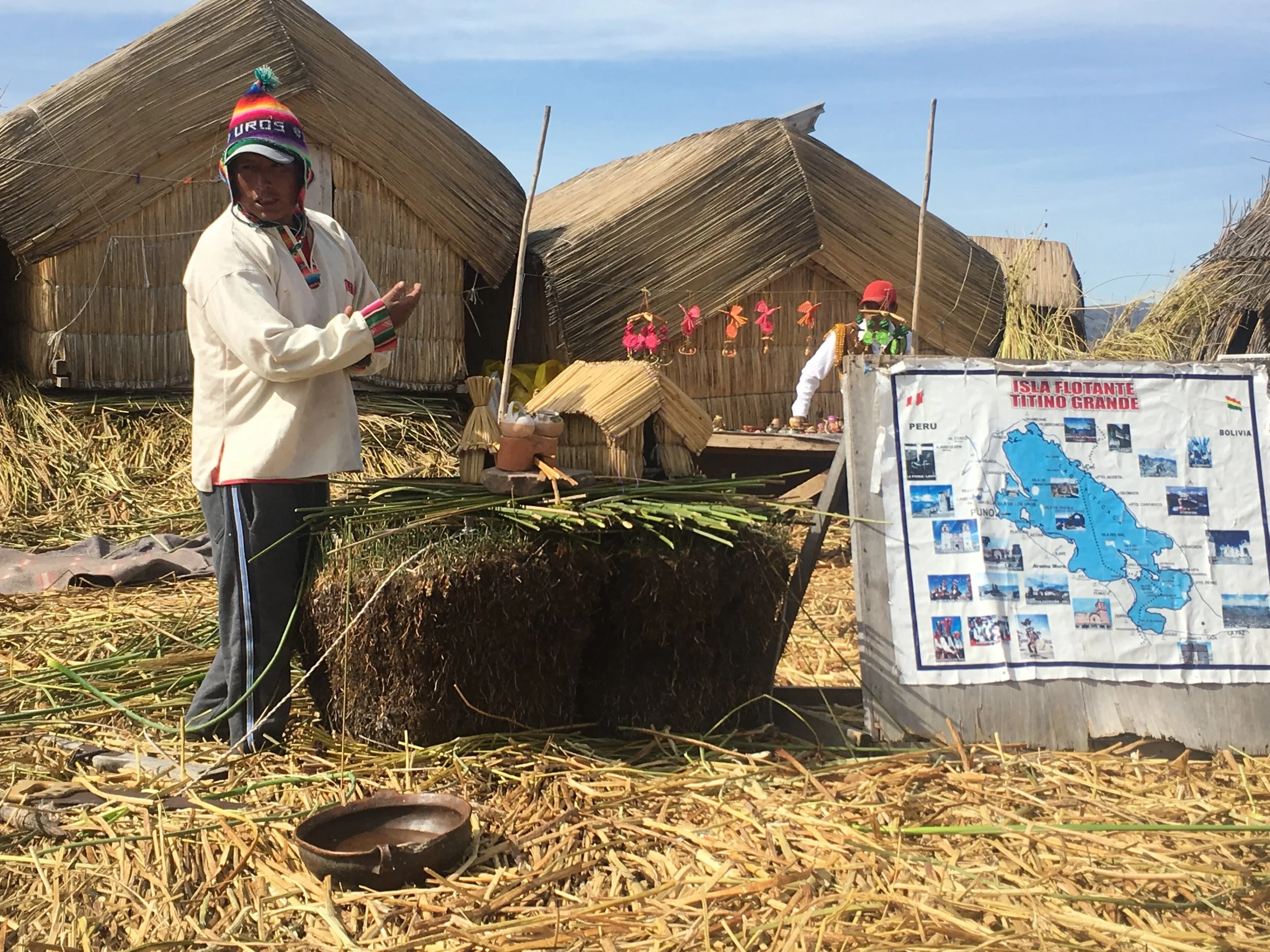The Awkwardness of Ethno-tourism
Travel is touted as a great way to learn about other people, and cultures, and it is. And one of the ways people do this is through ethno-tourism. Ethno-tourism is travel to experience and see the lives and cultures of a native or indigenous group. This isn’t a new idea, and I’m not going to even attempt to scratch the surface of the historical and sociological issues around the concept. It’s super complicated, and I only sort of understand it myself. As with so many things, it’s mixed.
As a traveler, I have my own complicated relationship with ethno-tourism. On the one hand, it’s a great way to learn more about another culture and way of life, and ideally gain greater understanding and empathy. I am pro-empathy and pro-learning new things. On the other hand, it can be little more than an excuse to gawk at the “otherness” of a different group of people, for rich foreigners to mock or judge their ways and treat them as objects for entertainment. It can also lead to dependency – on drugs or tourist dollars – or the erosion of their way of life, and dehumanization.
I’ve done a number of tours focusing on learning about different ethnic groups over my travels. The first ones I went on were when I was 19 and studying for a semester in Vietnam. I visited a village known for producing textiles in the Mekong Delta and saw their looms and weavings with my friends. A couple months later I spent three days in the northern mountains with the rest of my classmates as part of the program. I still have the scarves I bought on both those trips. But on the second trip – we didn’t just visit villages, we entered people’s homes, and that made me extremely uncomfortable. I opted out of that part of our visits for the rest of the trip.
Since then, the only real “ethno-tour” I’ve taken was a little over a year ago – a day-long tour of Lake Titicaca in Peru, including a traditional Amerindian lunch, and visiting the floating islands of Uros. I spent a lot of time researching tour companies to make sure they were reputable and non-exploitative, although at the end of the day, it’s still a leap of faith. I avoided any that involved homestays as well. Even though the hosts are being paid and volunteering, it feels too intrusive to me.
One of the most important things I learned from my semester abroad is that everywhere is exotic to someone. I grew up in California, and many places I’ve been abroad I’ve received the “oh wow, California! What’s it like?” Which is great – because I will happily talk about the Bay Area for hours. But it made me realize that what was normal to me, was, for lack of a better term, exotic to the people I was meeting, just as their world was unfamiliar and exotic to me.
Which only makes me more, rather than less, unhappy with the concept of ethno-tourism. I know how horrified and uncomfortable I’d feel if people wandered through my home, examining and commenting on how I live, even if I did it because I needed the money and it was technically voluntary. It would suck.
Ignoring personal qualms and discomfort, there are also economic arguments for and against ethno-tourism. In the best circumstances, it can be a locally-driven way to help struggling communities preserve their heritage and gain income at the same time. In the worst, foreign or predatory tour companies profit off desperate people who see little to none of the proceeds.
Set against this complicated issue is the fact that there are other ways to learn about the cultures of a place you are visiting. My personal favorites are museums, historic ruins, and cooking classes. Often just being in a place and talking to people can teach you things. Learning how lines work – or rather don’t work - in Beijing. Chatting in my very broken Spanish with a Quechua taxi driver in the Incan Sacred Valley. Going clubbing from midnight to 6am in Barcelona. All were cultural experiences in their own right, and ones I cherish.
I don’t have a pithy, clever conclusion for the pros and cons of ethno-tourism. I wish I did. All I have is the knowledge that learning about other cultures is laudable, while gawking at other people’s lives, particularly those deemed “primitive,” is in the absolute worst tradition of colonialism. So when in doubt, err on the side of being extra-respectful or others’ cultures and cautious about exploitation. It certainly can’t hurt.





